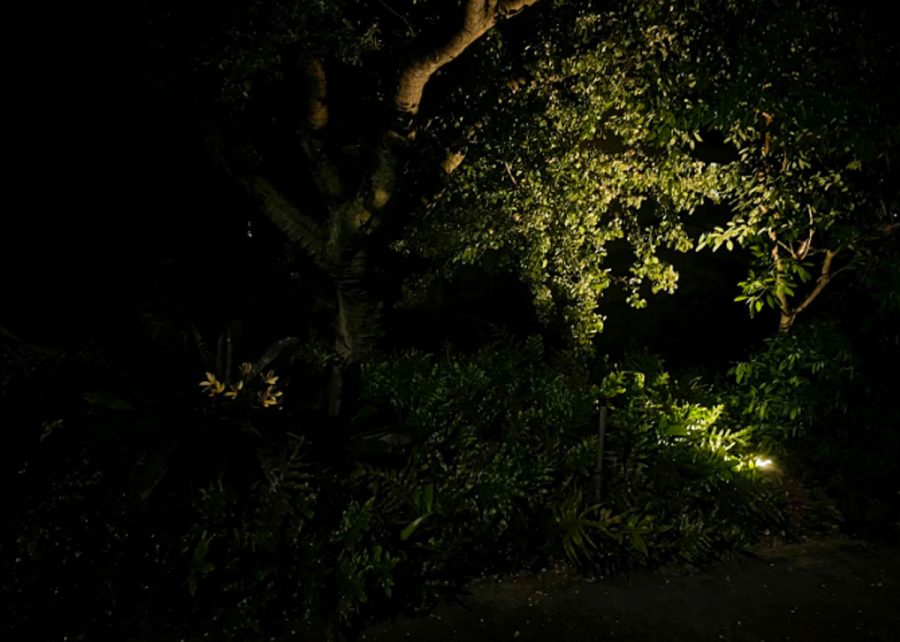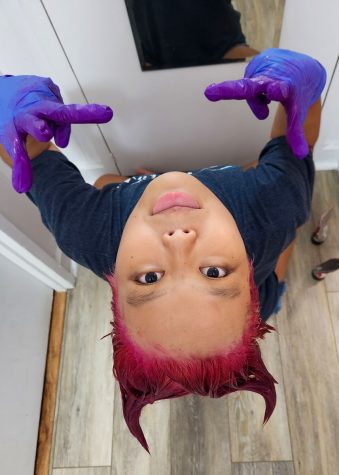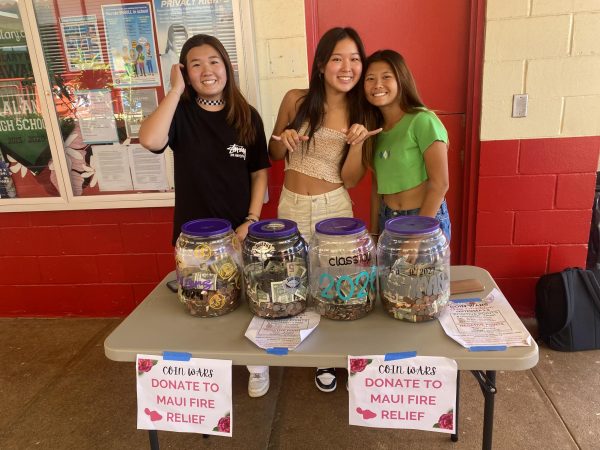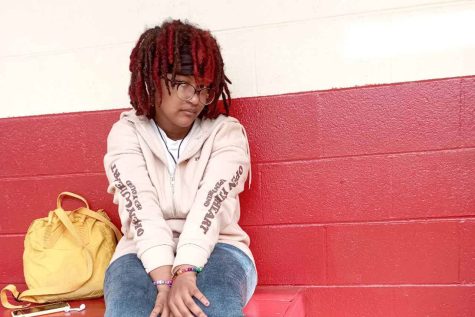Do Kalani students feel safe?
“This new data on consent and sexual assault make it crystal clear that more needs to be done to educate men, women, and young people in this country. Most people have not received any education about what consent is, what it looks like, or how to do it. It’s no wonder there is still disagreement and confusion.” Dr. Leslie Kantor, vice president of education at Planned Parenthood Federation of America.
A light shines in the hole of the bush. The house behind the bush was dark and quiet as if it was abandoned.
According to the National Intimate Partner and Sexual Violence Survey (NISVS) conducted by the Centers for Disease Control and Prevention (CDC) in 2015, approximately one in every five women in the United States will experience rape or attempted rape at least once in their lifetime. Given this, it is not surprising that one in three US women fear being sexually assaulted frequently. It may come as more of a shock to know that 1 in every 33 US men has been the victim of rape or attempted rape.
Sexual assault is an issue that impacts both men and women, but a common misconception depicts men as immune to it or any form of sexual abuse. According to the National Library of Medicine, men are less likely to report rape than women due to the stigma around it. In the study Male Rape: The Silent Victim and the Gender of the Listener, Patrizia Riccardi found that men felt that admitting to being a victim of rape threatened their masculinity.
Consequently, we live in a culture where talk or mention of sexual assault is often discouraged and considered taboo among teenage boys. For many, even feeling sexually threatened evokes immediate discomfort and denial.
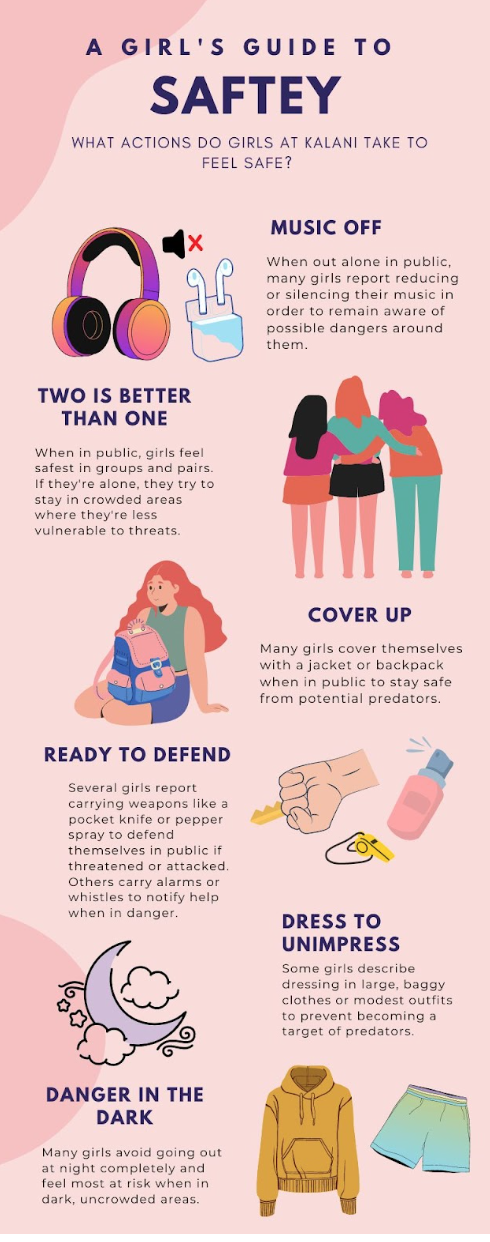
When asked if they had ever felt sexually threatened, all five of the male Kalani students interviewed for this article said they hadn’t, their responses varying from “absolutely not” to “never.”
Compared to girls, it was clear that they spent much less time worrying about their physical safety.
Those who did admit to experiencing concern over their safety interpreted the concept of a physical threat differently than girls. In the eyes of a teen boy, a physical threat is a fight or confrontation, not something sexual.
For example, Davin Nakasato (9) avoids messing with the wrong people to keep himself out of danger. Besides that, he is unconcerned.
“I feel safe. I mean, as long as it’s daytime [and] I’m not, like, at night in the wrong alley at the wrong time, you know?” he said.
However, he recognized the threats these situations could produce.
“I might get kidnapped or assaulted, maybe get in a fight or something,” Nakasato said.” I don’t know. I don’t wanna think about that kind of stuff.”
Nakasato wasn’t alone in feeling uncomfortable with the idea of facing these kinds of threats. Several other boys expressed discomfort and confusion when asked about physical or sexual dangers.
“No, never. I think a couple of times, but not in an aggressive way in like a friendly kind of way,” Logan Smith (10) said in response to being asked about physical threats.
All five Kalani boys interviewed had similar answers when asked about sexual threats.
When asked if he often thought about his physical safety, Nakasato responded, “No, not really.”
Smith responded to the same question, “Occasionally, but not because of other people. Just, in the long term, you know, meeting random strangers, being safe in that situation.”
When asked to elaborate on what a stranger might do to threaten his safety, Smith responded, “Possibly escalating a situation unnecessarily.”
Aside from meeting new people or purposely picking fights, the boys did not allude to thinking often about their physical safety. None of them once mentioned having ever considered their safety regarding sexual threats.
Boys are not often taught about what a sexual predator might look like or do, and may have more difficulty recognizing threats.
“Most parents want to protect their daughters more than they would want to protect their sons,” Nakasato said. “But if they were to have a daughter, like I said, they would say like ‘Oh, she needs someone with them at all times and make sure that they’re safe.’ They worry a lot more about their daughters than me.”
The lack of education given to boys may be dangerous. Studies suggest that boys often do not recognize when they are doing something that might feel threatening to others.
Also, lacking the education they need to protect themselves, young boys may not always recognize when their safety is threatened. Some do not even consider being the victim of sexual threats a possibility. This puts them in a very dangerous and vulnerable position.
Educate young men and women on consent and personal safety because everyone is affected by it, whether they realize that or not.

Lily is a senior and will be writing all the news you read in a few years-- if not sooner.

